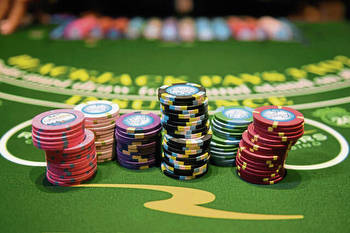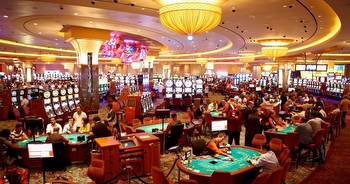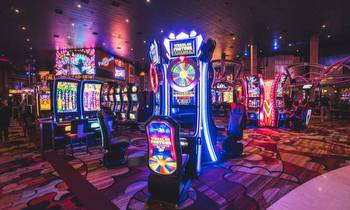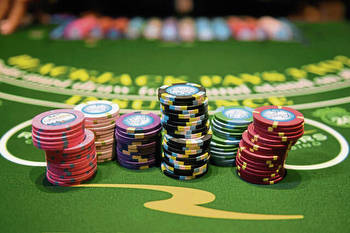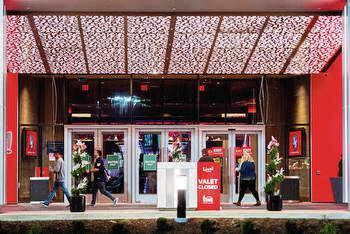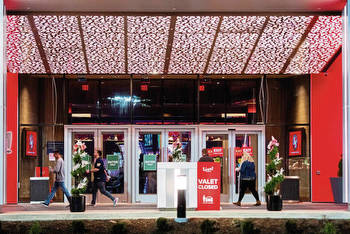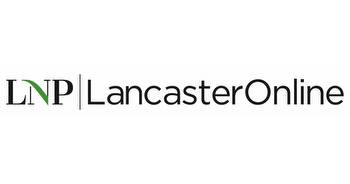Casinos set revenue record, and it's a good bet they'll set another
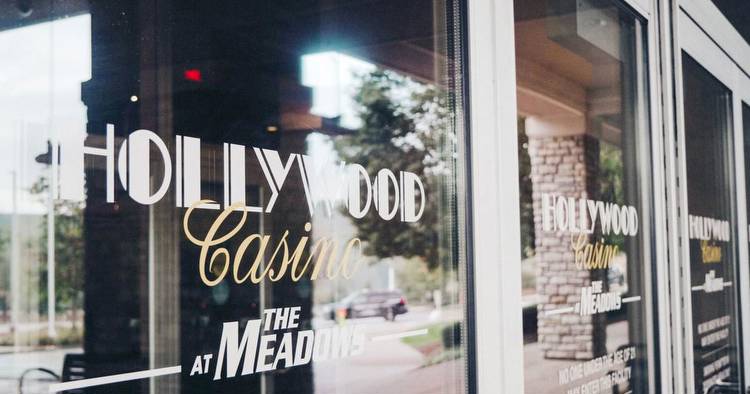
One minute into the interview, Doug Harbach stated the obvious.
“Comparing 2021 to 2020 is unfair,” said the communications director of the Pennsylvania Gaming Control Board, which regulates legalized gambling statewide.
The state’s 16 casinos generated $4.73 billion in revenue last year, a significant increase from $2.65 billion in 2020, when 14 gaming sites were operating. There were more than 1,000 reasons for the difference.
The first year of the coronavirus invasion forced the control board to shutter casinos twice, for a collective 1,473 days, and institute safety measures when they were operating. Last year, with vaccines available and the opening of two more casinos, the gaming sites were shuttered for a mere 44 days.
No, dollar comparisons between those years are not fair. But this is: that $4.73 billion in 2021 revenue was a calendar year record for the Keystone State, where legalized gambling has been taking place since 2006. Last year’s total was a $1.9 billion leap from the pre-pandemic 2019 figure.
And that wasn’t the only record established. The combined revenue resulted in $1.93 billion in tax revenue, a zenith as well.
That was a resounding rebound that could contribute to a boost for next year’s Washington County Local Share Account, which supports community and economic development through gaming revenues from Hollywood Casino at the Meadows. And as host community to the Meadows, North Strabane Township could benefit too.
The control board oversees six sources of gambling in Pennsylvania: slot machines, table games, iGaming, sports wagering, fantasy sports contests and video gaming terminals. The latter four are newer initiatives, begun in 2018, which contributed significantly to last year’s revenue bump.
“We think they will continue to improve,” Harbach said.
Fair or not, all six gaming options experienced large revenue increases from 2020: slot machines, 68.71%; table games, 83.4%; sports wagering, 79.29%; fantasy contests, 38.54%; IGaming, 96.7%; and VGTs, 139.38%.
“Right now, we have 18 retail sports wagering locations and 13 online sites where you can place a bet on sports,” Harbach said. There are 10 casinos with one or more online, casino-type games.”
The Meadows, one of six facilities in the state with a casino and racetrack, offers slot machine play, table games and sports wagering. The casino off Racetrack Road did well last year, producing $251.7 million in revenue – topping its totals for 2020 ($161.4 million) and 2019 ($237.9 million).
Slots generated $153.4 million, a 37.1% increase from $111.9 million in 2020, and table games brought in $29.9 million, up 55.25% from $19.3 million the year before. The largest percentage jump at the Meadows, however, was in sports wagering, which more than doubled from $30.3 million in 2020 to $68.3 million.
Penn National Gaming, which operates the Meadows, declined to comment. Jeff Morris, the company’s vice president of public affairs, said in an email: “Per company policy, we do not comment on property performance outside of our quarterly earnings calls.”
Another regional gaming site, Lady Luck Casino Nemacolin, offers slots and table games, but no online entity. The Wharton Township casino had $23.7 million in revenue last year, topping the 2020 figure of $20.2 million. Last year’s total, however, was well below the $32.9 million generated in 2019.
Lady Luck posted a 17.34% increase in slots revenue from 2020 to 2021 ($18.2 million to $21.3 million), and a 16.57% rise in table games ($2.09 million to $2.43 million).
Lady Luck officials could not be reached for comment.
Pittsburgh’s Rivers Casino generated $355.5 million in revenue last year, up from $222.9 million in 2020. But, like Lady Luck, the North Shore site’s 2021 total was below its 2019 figure – $392 million.
Legalized gambling has entered its 17th year in Pennsylvania, and the casinos collectively across the state are coming off a prosperous time. It is a promising time as well, according to projections from the Harrisburg-based PGCB.
“The bottom line,” Harbach said, “is that (gaming) revenue increases amount to more tax revenue coming into the commonwealth. We expect that gaming revenue will top $2 billion for the first time in 2022.”








